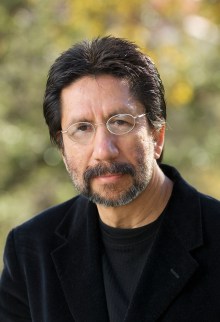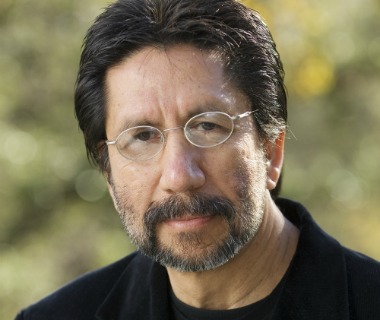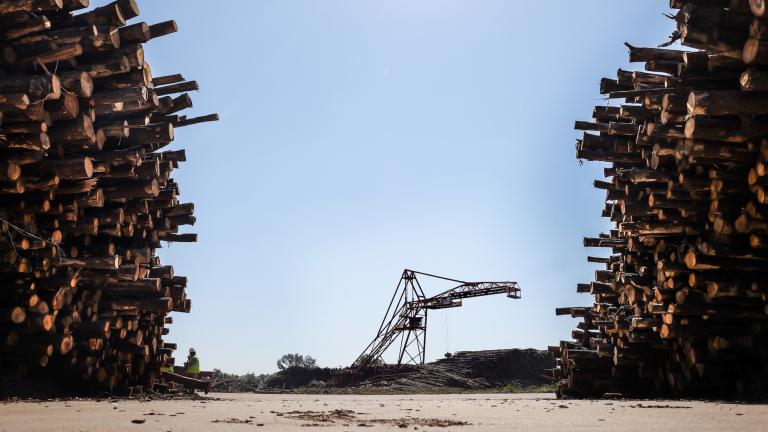
Rodolfo Dirzo. (Photo by Linda A. Cicero/Stanford News Service.)
If you think all ecologists are focused on the gloom and doom of climate change, think again. Some of them have even bigger things on their minds.
“I think that, given time and political will and political savviness, we might be able to fix the climate change situation,” says Rodolfo Dirzo, the Bing Professor in Ecology at Stanford University, where he also serves as the director of the Center for Latin American Studies. “But biological extinction is not a reversible thing. To me — and I know that this might be controversial — I think that biological extinction is the most dramatic global environmental change that characterizes the Anthropocene.”
I met Dirzo while preparing for my first class at Stanford: Field Ecology and Conservation. We were organizing the materials for experiments that we would be performing in Los Tuxtlas Biosphere Reserve, the northernmost tropical rainforest in the Americas, located in Veracruz, Mexico. Dirzo, many years prior to his arrival at Stanford, was the director of research at the reserve. His observations there have led him to study not only the effects of deforestation, but his new line of thinking around “defaunation,” or how the loss of medium and large animals have restructures the forest understory, and ultimately shape a whole tropical ecosystem.
“Go to Los Tuxtlas and you walk in this amazing forest — it looks so lush and green and exuberant,” he says. “We don’t really see what is happening to the animals, unless you begin to really carefully start monitoring.”
In this interview, we talk about the rise of “rodentation,” the ecological version of “the living dead,” and the ethical implications of wiping out the results of 3.5 billion years of evolution.
Free MP3. (Right click, select “Save Link As.”)
This interview is part of the Generation Anthropocene project, in which Stanford students partake in an inter-generational dialogue with scholars about living in an age when humans have become a major force shaping our world.




